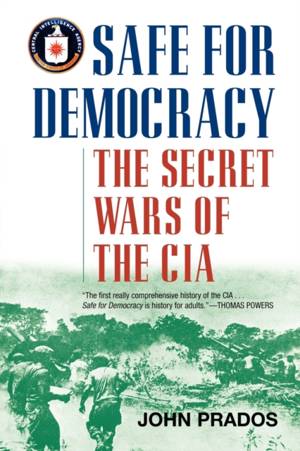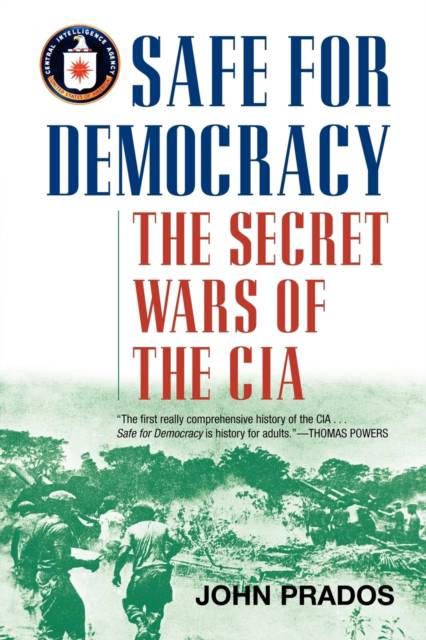
- Retrait gratuit dans votre magasin Club
- 7.000.000 titres dans notre catalogue
- Payer en toute sécurité
- Toujours un magasin près de chez vous
- Retrait gratuit dans votre magasin Club
- 7.000.0000 titres dans notre catalogue
- Payer en toute sécurité
- Toujours un magasin près de chez vous
42,95 €
+ 85 points
Description
From its founding in the aftermath of World War II, the Central Intelligence Agency has been discovered in the midst of some of the most crucial-and most embarrassing--episodes in United States relations with the world. Richard Nixon's 1969 presidential order that declared CIA covert operations necessary to the attainment of American foreign policy goals was an acknowledgment that secret warfare tools had a much wider application than just the cold war conflict with the Soviet Union. The question of what, exactly, these operations have contributed to U.S. policy has long been neglected in the rush to accuse the CIA of being a "rogue elephant" or merely listing its nefarious deeds. Safe for Democracy for the first time places the story of the CIA's covert operations squarely in the context of America's global quest for democratic values and institutions. National security historian John Prados offers a comprehensive history of the CIA's secret wars that is as close to a definitive account as is possible today. He draws on three decades of research to illuminate the men and women of the intelligence establishment, their resources and techniques, their triumphs and failures. In a dramatic and revealing narrative, Safe for Democracy not only relates the inside stories of covert operations but examines in meticulous detail the efforts of presidents and Congress to control the CIA and the specific choices made in the agency's secret wars. Along the way Mr. Prados offers eye-opening accounts of the covert actions themselves, from radically revised interpretations of classic operations like Iran, Guatemala, Chile, and the Bay of Pigs; to lesser-known projects like Tibet and Angola; to virtually unknown tales of the CIA in Guyana and Ghana. He supplies full accounts of Reagan-era operations in Nicaragua and Afghanistan, and brings the story up to date with accounts of more recent activities in Somalia, Bosnia, and Iraq, all the while keeping American foreign policy goals in view. Safe for Democracy
Spécifications
Parties prenantes
- Auteur(s) :
- Editeur:
Contenu
- Nombre de pages :
- 736
- Langue:
- Anglais
Caractéristiques
- EAN:
- 9781566638234
- Date de parution :
- 16-02-09
- Format:
- Livre broché
- Format numérique:
- Trade paperback (VS)
- Dimensions :
- 150 mm x 226 mm
- Poids :
- 975 g

Les avis
Nous publions uniquement les avis qui respectent les conditions requises. Consultez nos conditions pour les avis.






